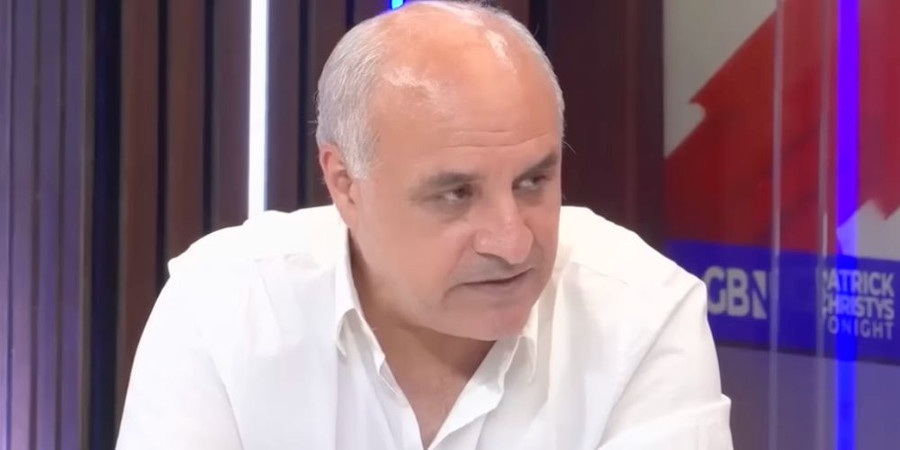Last summer's Ferguson, Missouri, disturbances revealed that while blacks were 67 percent of its population, only three members of its 53-officer police force were black. Some might conclude that such a statistic is evidence of hiring discrimination. That's a possibility, but we might ask what percentage of blacks met hiring qualifications on the civil service examination. Are there hundreds of blacks in Ferguson and elsewhere who achieve passing scores on civil service examinations who are then refused employment? There is no evidence suggesting an affirmative answer to that question.
According to the National Assessment of Educational Progress, sometimes called the Nation's Report Card, nationally, most black 12th-graders' test scores are either basic or below basic in reading, writing, math and science. "Below basic" is the score received when a student is unable to demonstrate even partial mastery of knowledge and skills fundamental for proficient work at his grade level. "Basic" indicates only partial mastery. Put another way, the average black 12th-grader has the academic achievement level of the average white seventh- or eighth-grader. In some cities, there's even a larger achievement gap.
Black students and their parents believe that their high-school diplomas are equivalent to those received by whites. Therefore, differences in employment or college admittance outcomes are likely to be seen as racial discrimination. The fact of business is that if seventh- or eighth-graders of any race compete with 12th-graders of any race on civil service exams or the SAT, one should not be surprised by the outcome.
In terms of public policy, what to do? It all depends on the assumptions, implicit or explicit, one makes about black mental competency. If one assumes that blacks cannot academically compete with whites, the "solution" is to eliminate the "disparate" impact of civil service exams and college admittance requirements by dumbing them down or eliminating them in order to achieve "diversity." I do not make that assumption, so then what to do?
Many black parents want a better education and safer schools for their children. The way to deliver on that desire is to offer parents alternatives to poorly performing and unsafe public schools. Expansion of charter schools is one way to provide choice. The problem is that charter school waiting lists number in the tens of thousands. In Philadelphia, for example, there are 22,000 families on charter school waiting lists. Charter school advocates estimate that nationally, over 1 million parents are on charter school waiting lists.
The National Education Association and its political and civil rights organization handmaidens preach that we should improve, not abandon, public schools. Such a position is callous deceit, for many of them have abandoned public schools. Let's look at it.
Nationwide, about 12 percent of parents have their children enrolled in private schools. In Chicago, 44 percent of public-school teachers have their own children enrolled in private schools. In Philadelphia, it's also 44 percent. In Baltimore, it's 35 percent, and in San Francisco, it's 34 percent. That ought to tell us something. Suppose I invite you to dine with me at a restaurant. You find out that the restaurant's chef doesn't eat there and neither do the servers. That suggests they have some inside information from which you could benefit.
Politicians who fight against school choice behave the way teachers do. Fifty-two percent of the members of the Congressional Black Caucus who have school-age children have them enrolled in private schools. Thirty-seven percent of members of the House of Representatives and 45 percent of senators who have school-age children have them enrolled in private schools.
The education establishment says more money is needed, but more money does not produce higher quality. New York City spent $20,331 per student in fiscal 2013. Washington, D.C., spent $17,953, and Baltimore allocated $15,050. Despite being among the nation's highest-spending school districts, their education quality is among the lowest. Parents, given vouchers and choice, could do a far superior job in the education of their children - and at a cheaper cost.





